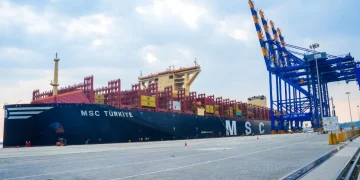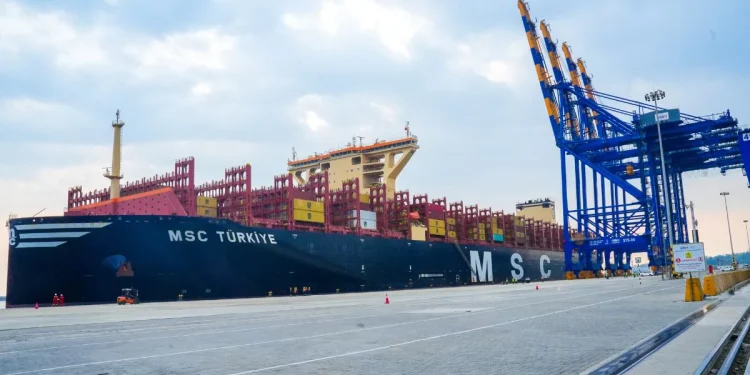By Eva Richardson | The Logistic News
JBS, the world’s largest meat processing company, is facing renewed pressure to deliver on its high-profile pledge to eliminate deforestation from its Amazon beef supply chain by the end of 2025. Despite the deployment of blockchain traceability tools and AI-based monitoring systems, a joint investigation by The Guardian, Unearthed, and Repórter Brasil has revealed significant doubts among cattle producers and union leaders in Pará and Rondônia about the feasibility of this goal.
According to JBS, approximately 80% of cattle purchases are now registered on a blockchain-based tracking platform, supported by electronic ear-tagging to enhance traceability. The company has positioned these technologies as core to its sustainability strategy and transparency efforts.
However, the investigation highlights enduring challenges such as:
• The lack of verified land ownership records
• Widespread “cattle laundering” through indirect suppliers
• Limited technical support for smallholder farmers
“These technologies are useful, but they don’t address the reality on the ground,” said a local supply chain analyst. “Without full visibility into indirect sourcing, and structural reform, these targets won’t be met.”
JBS maintains that it has invested significantly in monitoring platforms and continues to expand supplier compliance programs. Nevertheless, NGOs and market observers remain skeptical, warning that blockchain and AI alone will not guarantee zero-deforestation unless integrated into a broader enforcement framework.
The debate is reigniting calls for greater public-private cooperation, land-use reform, and long-term investment in small producer ecosystems to ensure the supply chain’s transformation is both traceable and truly sustainable.























